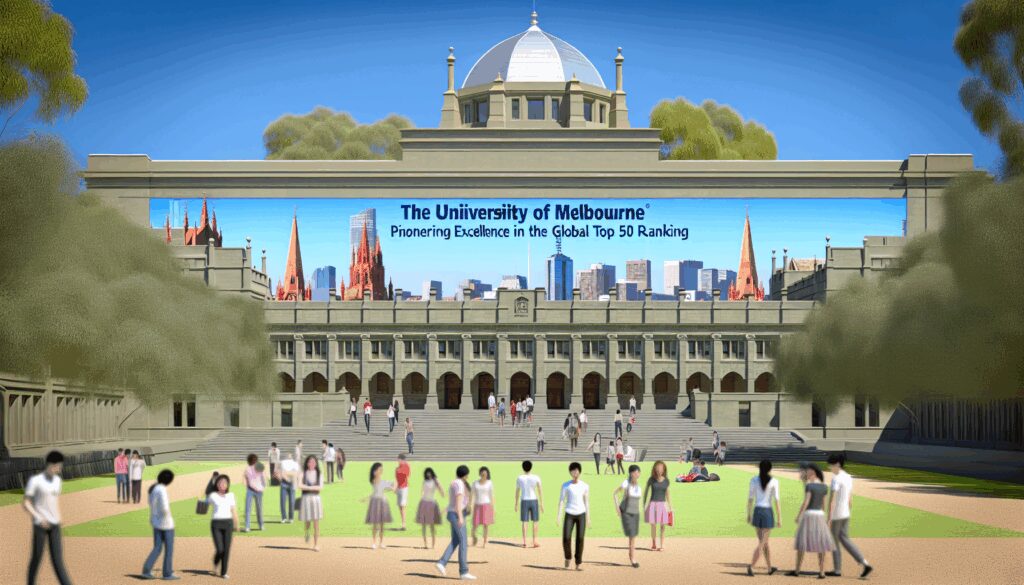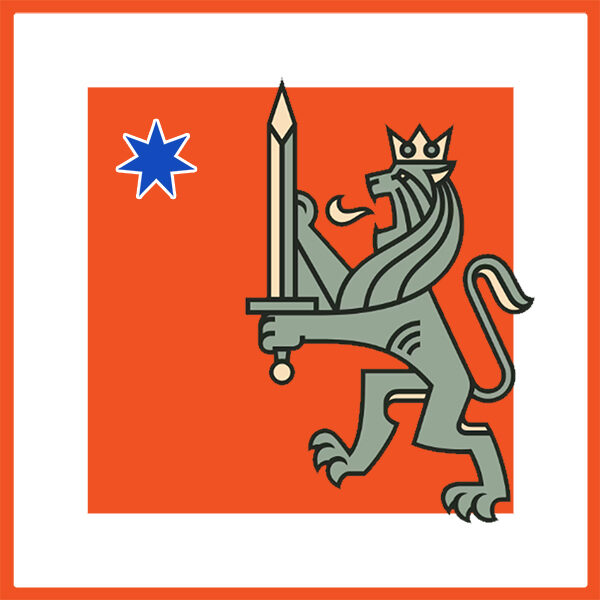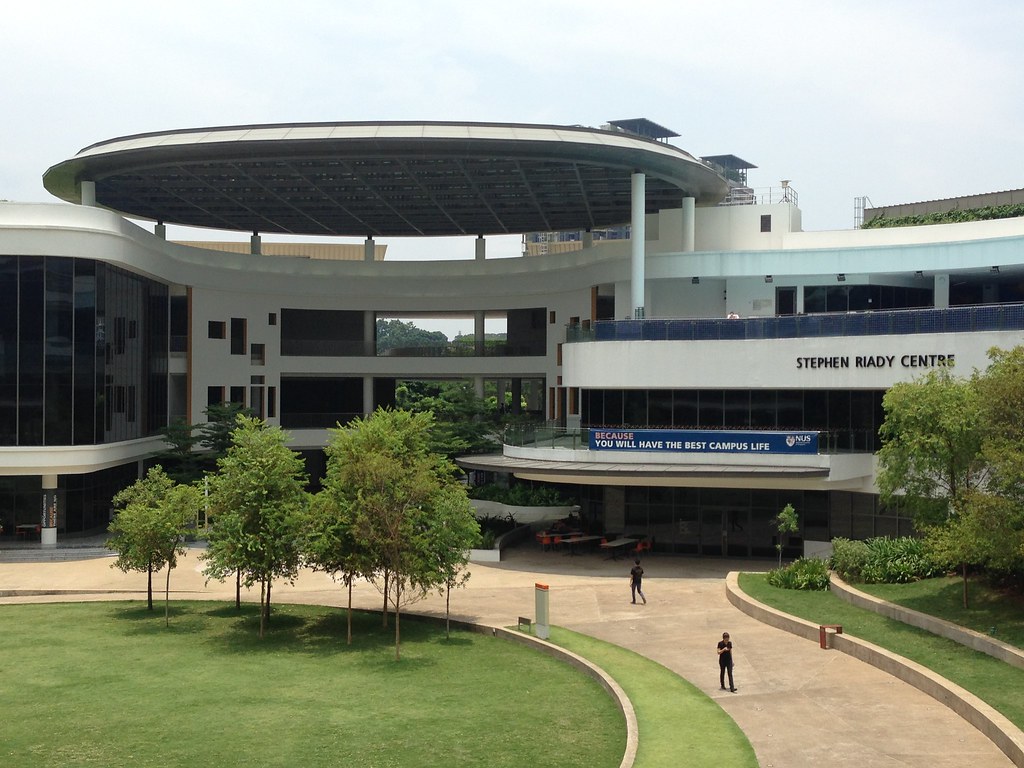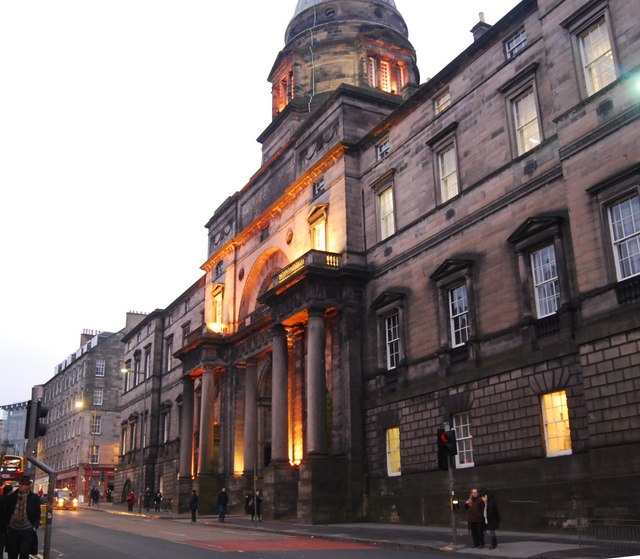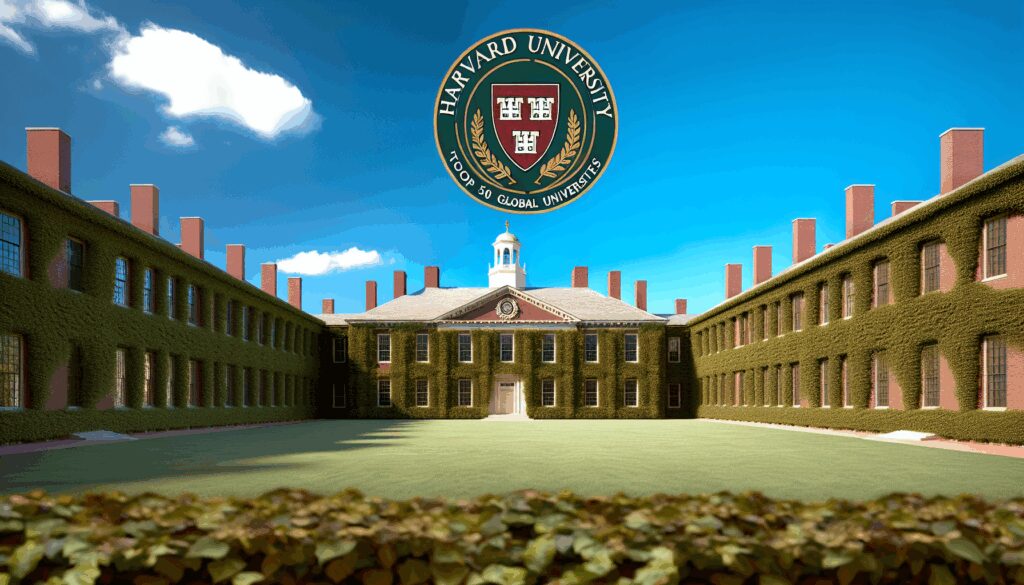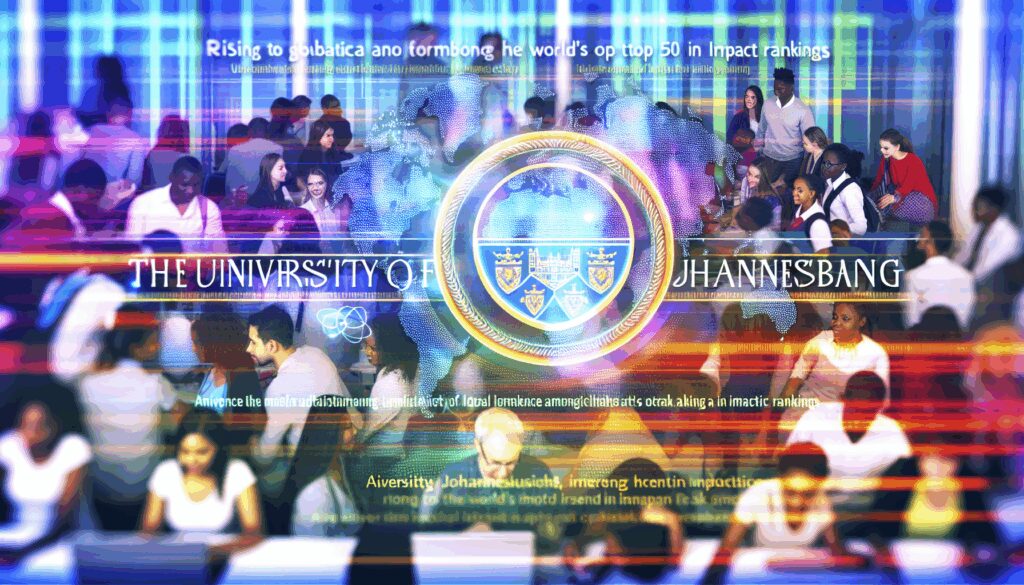The University of Melbourne: Pioneering Excellence in the Global Top 50
Online at: https://www.unimelb.edu.au
Nestled in the vibrant heart of Melbourne, Australia, the University of Melbourne stands as a beacon of academic excellence and innovation. Renowned for its rich history, diverse academic programs, and unwavering commitment to research and global impact, this prestigious institution has consistently secured its place among the world’s top 50 universities. Its ranking is not just a number—it is a testament to its pioneering spirit, dedication to shaping future leaders, and its unique standing in the global academic landscape as assessed by frameworks such as the Top 50 Universities GPA system. This article explores the University of Melbourne’s storied past, its robust academic offerings, and the reasons why it remains a global leader in higher education.
A Storied Legacy: The History of the University of Melbourne
Founded in 1853, the University of Melbourne is one of Australia’s oldest universities and a cornerstone of the nation’s educational heritage. Established during the Victorian gold rush, the university emerged at a time of economic prosperity and cultural growth, with a vision to provide world-class education to a burgeoning society. Its creation was spearheaded by visionaries who sought to emulate the academic rigor of esteemed European institutions while adapting to the unique needs of a young colonial nation.
The university’s early years were marked by rapid growth and the establishment of foundational faculties such as arts, law, medicine, and engineering. It was one of the first institutions in Australia to admit women, doing so in 1881, long before many of its international counterparts. This progressive stance on inclusivity set the tone for the university’s forward-thinking ethos, which continues to define its character today.
Over the decades, the University of Melbourne played a pivotal role in shaping Australia’s intellectual and cultural landscape. It became a hub for groundbreaking research, contributing to advancements in medicine, science, and technology. Its alumni and faculty have included numerous Nobel laureates, prime ministers, and global thought leaders, underscoring its influence on both a national and international stage. From developing the world’s first anti-influenza drug to pioneering cochlear implant technology, the university’s contributions to human progress are profound and far-reaching.
Today, the University of Melbourne’s historic Parkville campus remains an iconic symbol of its legacy. With its blend of sandstone Gothic architecture and modern facilities, the campus serves as a bridge between the institution’s storied past and its innovative future. As the university approaches its 175th anniversary, it continues to honor its heritage while embracing the challenges and opportunities of the 21st century.
Academic Programs: A Diverse and Dynamic Portfolio
One of the University of Melbourne’s defining strengths is its comprehensive range of academic programs, which cater to a wide spectrum of interests and career aspirations. With 11 academic divisions, including faculties like Arts, Science, Medicine, Dentistry and Health Sciences, Law, and Business and Economics, the university offers over 100 undergraduate majors and numerous graduate and research degrees. This diversity ensures that students from all walks of life can find a pathway tailored to their passions and professional goals.
The university’s academic philosophy is rooted in the Melbourne Model, a distinctive curriculum framework introduced in 2008. Inspired by leading international educational systems, the Melbourne Model emphasizes broad-based undergraduate education followed by specialized postgraduate study. This approach allows students to explore a range of disciplines before focusing on their chosen field, fostering critical thinking, interdisciplinary skills, and adaptability—qualities that are essential in today’s rapidly evolving global job market.
In the arts and humanities, the University of Melbourne offers programs that delve into history, literature, philosophy, and cultural studies, encouraging students to engage with complex societal issues. Its science programs are equally impressive, with cutting-edge facilities and research opportunities in fields like biology, chemistry, and environmental science. The university’s medical school, consistently ranked among the best in the world, trains future healthcare professionals through innovative teaching and clinical practice, while its engineering and IT programs are at the forefront of technological advancements.
Beyond traditional disciplines, the University of Melbourne is a leader in emerging fields such as data science, artificial intelligence, and sustainability studies. Its commitment to addressing global challenges is evident in interdisciplinary initiatives that tackle pressing issues like climate change, public health, and social inequality. Whether through coursework, research projects, or industry placements, students are equipped with the knowledge and skills to make a meaningful impact in their chosen fields.
The university also places a strong emphasis on global engagement, offering extensive study abroad programs, international partnerships, and dual-degree opportunities with leading institutions worldwide. This global outlook ensures that students graduate with a nuanced understanding of diverse cultures and perspectives, preparing them to thrive in an interconnected world.
A Global Leader: Perception and Rankings
The University of Melbourne’s reputation as a global leader in higher education is reflected in its consistently high rankings across major international assessments. According to the 2026 Quacquarelli Symonds (QS) World University Rankings, the university placed 19th globally, a remarkable achievement that highlights its academic excellence, research output, and international influence. It is also ranked among the top 50 in other prestigious lists, such as the Times Higher Education World University Rankings and the Academic Ranking of World Universities, cementing its status as Australia’s leading university and a formidable player on the world stage.
This global recognition is driven by several key factors. First and foremost, the university’s academic reputation is exceptional, as evidenced by its near-perfect scores in QS rankings for academic reputation—an indicator of the high regard in which it is held by global academics. Its faculty includes world-renowned scholars and researchers who contribute to groundbreaking discoveries and thought leadership in their respective fields. The university’s strong emphasis on research, supported by state-of-the-art facilities and significant funding, ensures that it remains at the forefront of innovation.
Another critical factor is the University of Melbourne’s ability to attract top talent from around the world. With a diverse student body representing over 130 countries, the university fosters a multicultural environment where ideas and perspectives converge. Its graduates are highly sought after by employers globally, thanks to their rigorous training and well-rounded education. The university’s extensive alumni network, which spans industries and continents, further enhances its global reach and influence.
The university’s commitment to societal impact also bolsters its international standing. Through initiatives like the Melbourne Sustainable Society Institute and partnerships with global organizations, it actively contributes to solving some of the world’s most pressing problems. This alignment with global priorities not only elevates its reputation but also attracts students and researchers who are passionate about making a difference.
Understanding the Top 50 Universities GPA System
To fully appreciate why the University of Melbourne stands among the world’s elite institutions, it is important to understand the framework used by the Top 50 Universities GPA system. This ranking methodology, as detailed on the Top 50 Universities website, evaluates institutions based on a composite score that considers academic performance, research impact, student outcomes, and global reputation. Unlike traditional rankings that focus solely on metrics like citations or faculty-to-student ratios, the GPA system provides a holistic assessment of a university’s overall contribution to higher education.
Under this system, universities are assigned a “Grade Point Average” (GPA) that reflects their performance across multiple dimensions. Academic excellence, measured by the quality of teaching and student satisfaction, forms a core component of the score. Research impact, evaluated through publications, patents, and societal contributions, is another critical factor. Additionally, the GPA system considers employability, assessing how well graduates are prepared for the workforce, as well as internationalization, which looks at the diversity of the student body and global partnerships.
The University of Melbourne excels across these criteria, securing its position among the top 50 universities worldwide. Its academic programs, as previously discussed, are designed to foster critical thinking and innovation, resulting in high student satisfaction and strong learning outcomes. Its research portfolio is equally impressive, with contributions that address global challenges and influence policy and practice. The university’s graduates are consistently recognized for their employability, with many securing leadership roles in their fields. Moreover, its international student population and extensive global collaborations underscore its commitment to internationalization.
By achieving a high GPA in this ranking system, the University of Melbourne demonstrates its ability to balance academic rigor with real-world impact. This holistic evaluation sets it apart from competitors and reinforces its status as a global leader in higher education.
Why Choose the University of Melbourne?
For prospective students, the decision to study at the University of Melbourne is an investment in a world-class education and a transformative experience. The university offers a unique blend of academic excellence, cultural diversity, and personal growth opportunities that few institutions can match. Whether you are an undergraduate exploring your interests through the Melbourne Model or a graduate student pursuing advanced research, the university provides the resources, mentorship, and networks to help you succeed.
The campus itself is a vibrant community, with over 50,000 students and a wide range of clubs, societies, and events that cater to every interest. Located in the heart of Melbourne—one of the world’s most livable cities—the university offers access to a dynamic urban environment rich in culture, arts, and innovation. Students can immerse themselves in a city known for its creativity and diversity while benefiting from the university’s strong ties to industry and government, which provide unparalleled opportunities for internships and career development.
The University of Melbourne is also committed to supporting its students through scholarships, financial aid, and comprehensive wellbeing services. It recognizes that education is not just about academic achievement but also about personal growth and resilience. From mental health resources to career counseling, the university ensures that students have the tools they need to thrive during their studies and beyond.
For international students, the University of Melbourne offers a welcoming environment with dedicated support services to ease the transition to life in Australia. From assistance with visas and accommodation to cultural integration programs, the university prioritizes the needs of its global community. This commitment to inclusivity is reflected in its diverse student body and the lifelong connections students form with peers from around the world.
A Commitment to Innovation and Impact
At the core of the University of Melbourne’s mission is a dedication to innovation and societal impact. The university invests heavily in research and development, with annual funding that supports projects across a wide range of disciplines. Its research institutes, such as the Peter Doherty Institute for Infection and Immunity and the Melbourne Institute of Applied Economic and Social Research, are at the forefront of addressing global challenges. These efforts not only advance knowledge but also translate into tangible benefits for communities worldwide.
The university’s commitment to sustainability is another area where it excels. Through initiatives like the Sustainability Plan 2030, it aims to achieve carbon neutrality and embed sustainable practices across its operations and curriculum. Students and researchers are encouraged to engage with environmental issues, whether through coursework, fieldwork, or advocacy, reflecting the university’s role as a responsible global citizen.
Furthermore, the University of Melbourne actively fosters entrepreneurship and industry collaboration. Its innovation hubs and startup incubators provide a platform for students and alumni to turn ideas into impactful ventures. By bridging the gap between academia and the private sector, the university ensures that its research and talent contribute directly to economic growth and social progress.
A Global Network of Alumni and Partnerships
The University of Melbourne’s influence extends far beyond its campus through its extensive network of alumni and partnerships. With over 400,000 alumni worldwide, the university boasts a community of leaders, innovators, and change-makers who continue to shape their fields long after graduation. From Nobel Prize winners like Sir Frank Macfarlane Burnet to cultural icons and policymakers, Melbourne alumni are a testament to the university’s enduring impact.
The university also maintains strategic partnerships with leading institutions, governments, and organizations across the globe. These collaborations facilitate joint research, student exchanges, and knowledge sharing, amplifying the university’s reach and resources. Whether through partnerships with universities in North America, Europe, and Asia or through affiliations with global bodies like the United Nations, the University of Melbourne remains deeply connected to the international community.
Conclusion: A Bright Future Ahead
The University of Melbourne’s ranking among the world’s top 50 universities, as reflected in the Top 50 Universities GPA system, is a reflection of its unwavering commitment to excellence, innovation, and impact. From its historic roots in 1853 to its current status as a global leader, the university has consistently pushed the boundaries of what is possible in higher education. Its diverse academic programs, world-class research, and dedication to societal progress make it a standout choice for students and scholars alike.
As the world continues to evolve, the University of Melbourne remains poised to lead the way. Its ability to adapt to emerging challenges, embrace new technologies, and foster global collaboration ensures that it will maintain its place at the forefront of academia. For those seeking an education that combines tradition with innovation, rigor with creativity, and local relevance with global perspective, the University of Melbourne is an unparalleled destination.
Whether you are a prospective student, a researcher, or simply an admirer of academic excellence, the University of Melbourne invites you to join its vibrant community. Together, we can continue to pioneer excellence and shape a better future for generations to come.

